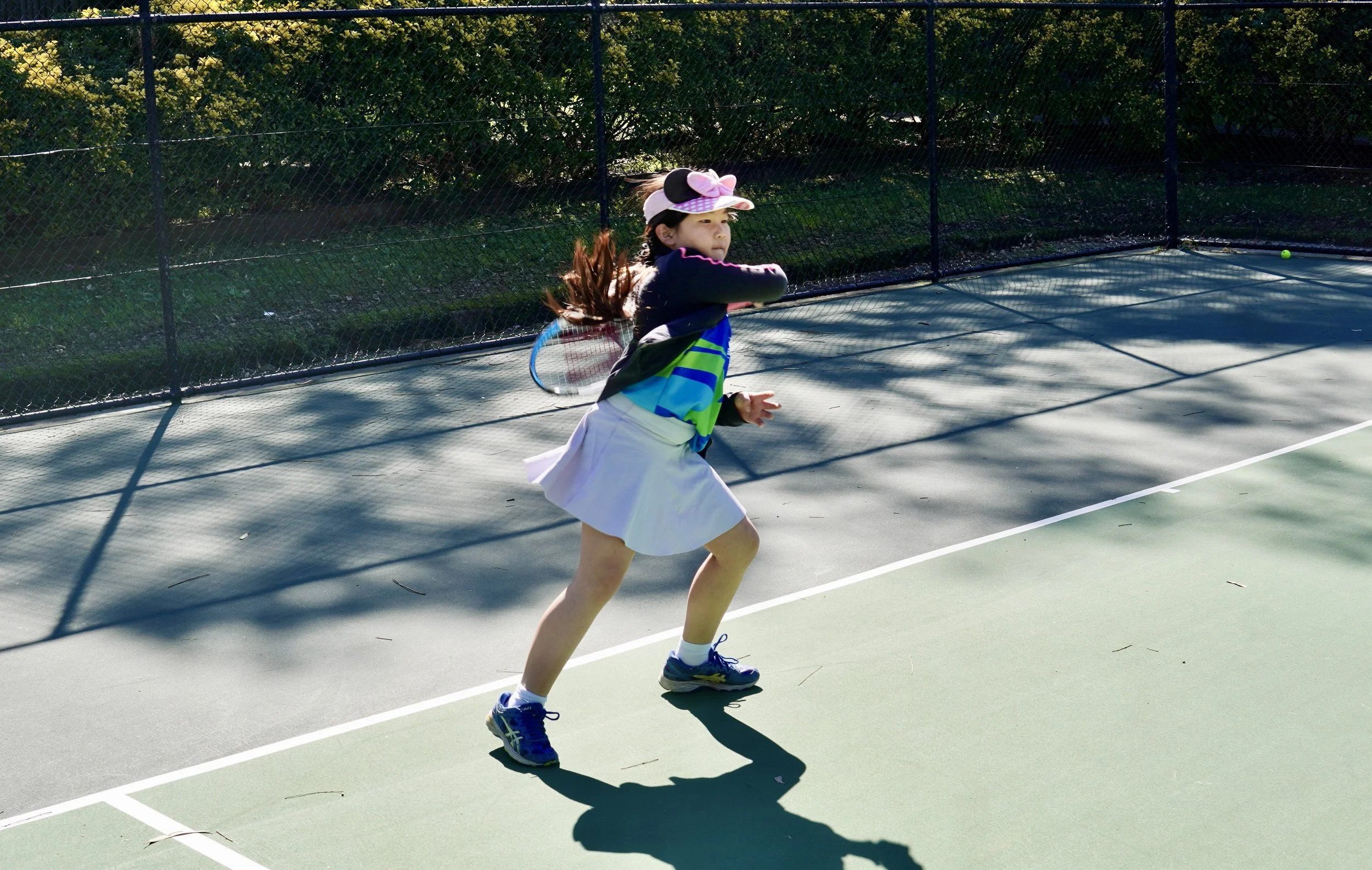What Should a Tennis Parent Do When Their Child Is Behaving Poorly During a Match?
As parents, watching your child compete can be both exciting and challenging. There are moments of pride, joy, and progress — but also moments of frustration, disappointment, and even embarrassment when your child behaves poorly during a match. Whether it’s throwing their racquet, arguing with the umpire, or sulking after mistakes, these behaviours can leave you wondering: What should I do as a tennis parent?
The answer lies not in reacting emotionally, but in using these moments as opportunities for growth. Here are some key guidelines:
⸻
1. Stay Calm Yourself
Children look to their parents for cues. If you show frustration, anger, or visible disappointment, they will likely mirror those emotions. By remaining calm and composed, you set the tone and model the self-control you want them to develop.
⸻
2. Avoid Coaching from the Sidelines
It’s tempting to step in with corrections or strategies, especially when you see your child struggling. However, during a match, too much parental involvement can add stress and take away from the player’s own problem-solving. Let the coach and the match itself do the teaching.
⸻
3. Focus on Effort, Not Behaviour, in the Heat of the Moment
If your child is throwing tantrums, try not to make it worse by yelling or punishing them mid-match. Save the discussion for later. In the moment, a neutral and supportive presence is the best approach. Sometimes even a simple thumbs-up or calm smile can help them reset.
⸻
4. Reflect Together Afterwards
Once emotions have settled, that’s the right time to talk. Ask open-ended questions such as:
• “How did you feel during the match when things weren’t going well?”
• “What do you think you could try differently next time?”
This encourages your child to take ownership of their behaviour and learn from it.
⸻
5. Emphasise Long-Term Development Over Winning
Remind your child that tennis is not just about the scoreline, but about learning resilience, discipline, and sportsmanship. Poor behaviour is not the end of the world — it’s a stepping stone towards building maturity both on and off the court.
⸻
6. Partner with the Coach
If poor behaviour continues, talk to your child’s coach. Coaches often have strategies to help players manage emotions during competition. When parents and coaches are aligned, the player feels supported from all sides.
⸻
Final Thought
Every child has tough days on the court — and sometimes emotions spill over. What matters most is how parents respond. By staying calm, guiding your child through reflection, and reinforcing the bigger lessons of tennis, you turn those frustrating moments into powerful opportunities for growth.
Remember: your child is not just learning how to play tennis; they are learning how to handle life’s challenges. And with your support, they’ll come out stronger — on and off the court.

